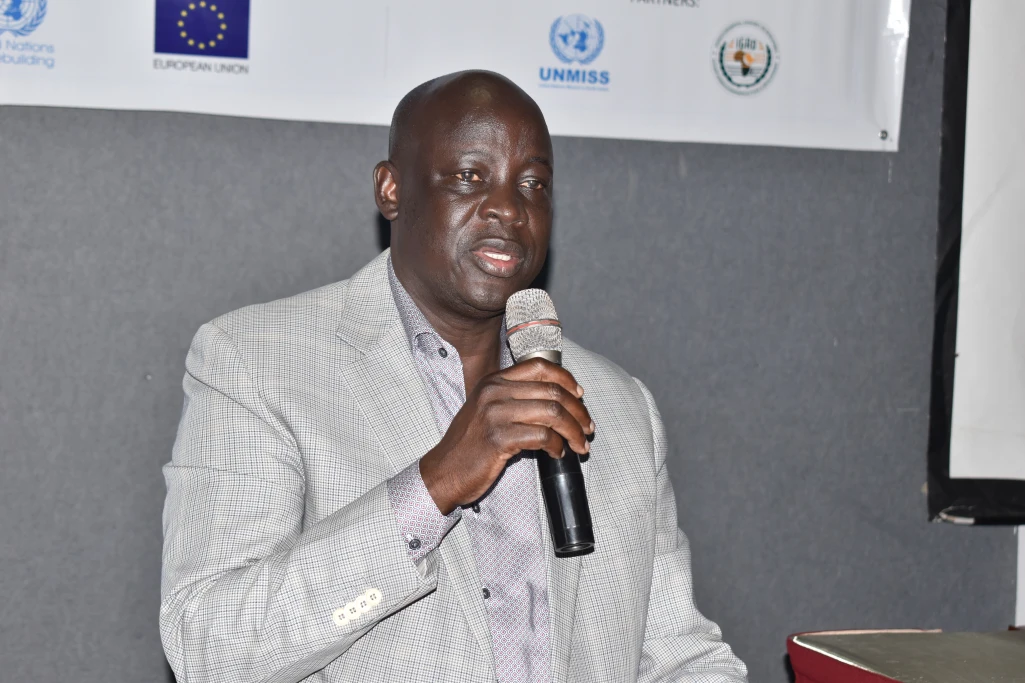
South Sudan is developing a new land policy that will guide how the government will govern, manage and administer land use in the country.
The set policy is expected to address, among others, the challenges of land grabbing and allocations.
The constitution says all land in South Sudan is owned by the people of South Sudan and its usage shall be regulated by the government in accordance with the provisions of the constitution and the law. The law include the Land Act of 2009.
The land act states that every person shall have access to land for housing, cultivation, pasture, grazing, or fishing as shared resources as shall be regulated by the act, rules and regulations.
It classifies land as public, community, or private land and provides with respect to the registration of rights in land. The Act also pays particular attention to (protection of) customary land rights.
However, insecurity and perceived injustices in many areas have been historically centered on land repatriation processes and forceful non-legal means of land acquisition, which have even led to the loss of lives, according to land policy experts.
They say many indigenous people in South Sudan still believe their ancestral land cannot be surveyed, resurveyed or acquired by someone outside their family lineages.
There have been reports of rampant grabbing of private lands, community lands and community lands across major towns in South Sudan.
In Juba, traditional leaders have petitioned the President on several occassions over cases of land grabbing around Rajaf area.
Recently, Vice President Abdelbagi Ayii Akol warned the public against grabbing school grounds and public lands.
To address what some government officials have referred to as “land cancer” in the communities, a policy document is being develop to streamline land tenure and management.
“It will be the only policy that will address all our issues including this rampant land grabbing which has actually become a cancer in our country,” Michael Chiangjiek, Minister of Land, Housing and Urban Development said during the launch of the validation of the final draft policy in Juba on Tuesday.
He disclosed that the draft policy has been in development for nearly 2 years due to rope-pulling among stakeholders.
“The land policy has been a very contentious issue and all the stakeholders were up and down fighting among themselves because of unregulated land. But for the last one and half year, this draft was subjected to all the stakeholders at the 10 States and 2 Administrative Areas. All the views were gathered from politicians and chiefs, and the purpose is how we can have a better land policy that will guide all of us in this country,” Chiangjiek mentioned.
The new draft National Land Policy affirms that land is crucial in the struggle for political independence, social justice and welfare of the people of South Sudan. It further emphasized that land is a precious heritage that is vital for the transformation and progress of the present as well as future generation. It consolidates and fortifies the coexisted sociocultural diversity and cherish collective identity and national development through its history.
Markus Larsson, Program Specialist in the Embassy of Sweden in South Sudan welcomed the development of the draft policy.
“The national Land policy document will play an important role in setting out the national land management strategy and will help in administration of land in South Sudan. Improvement of land governance is important in a country such as South Sudan where a large proportion of the population depend on Agriculture.”
Meshak Malo, Country Representative for Food and Agriculture Organization in South Sudan believes the policy will address shortfalls in land tenure system in South Sudan.
“Just like in any family, if you put your house in order; it help you to solve those problems. This policy is one of the ways of South Sudan as a country is putting its house in order. So when your house is in order, even if there is a problem; you will know the way to solve it,” he underscored.
The historical background of the new draft land policy describe land as a central political struggle of the people of South Sudan for the sociocultural, justice and economic development. It attributes tenure insecurity and deprivation of rural development to the deliberate marginalization of South Sudanese by policies and law that aimed at curtailing the customary and community ownership of land.
The 2009 Land Act underscored that right to land shall not be denied by the government of Southern Sudan, State Government or community on the basis of sex, ethnicity or religion.
